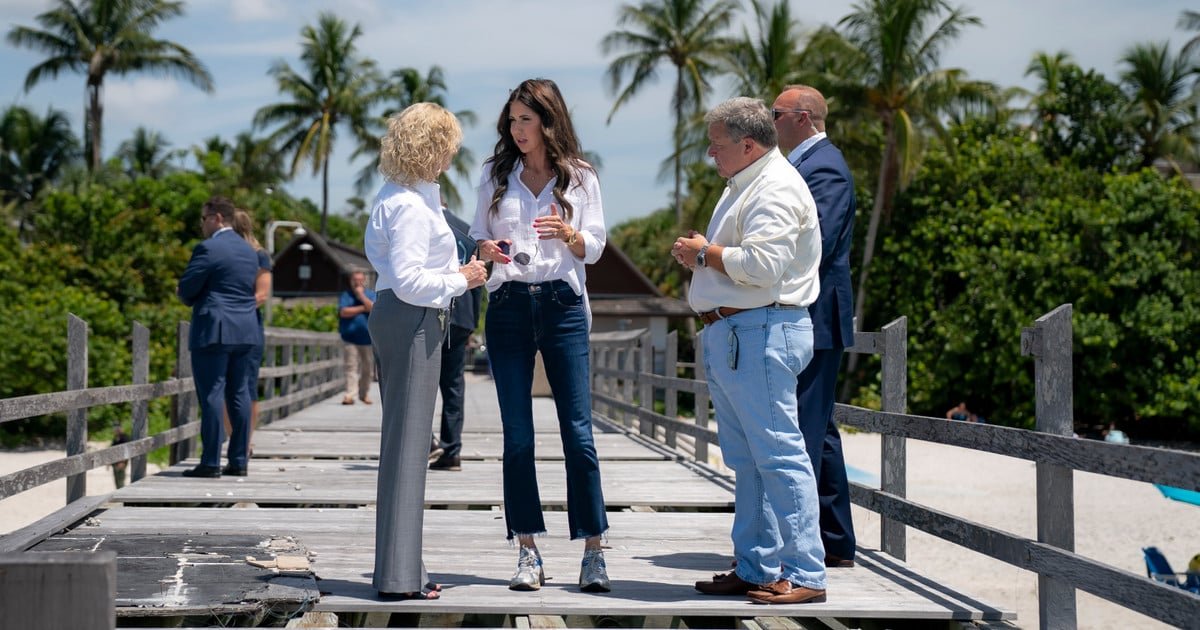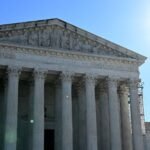Now Reading: Noem expedited FEMA aid for Naples after donor’s influence
-
01
Noem expedited FEMA aid for Naples after donor’s influence
Noem expedited FEMA aid for Naples after donor’s influence

Article Summary
The situation has raised concerns about favoritism at the federal agency responsible for disaster recovery. Experts, including Jeffrey Schlegelmilch from Columbia University’s National Center for Disaster Preparedness, have described the incident as alarming; it illustrates the potential for political influences to distort fair access to relief funds, raising questions about who truly benefits from federal disaster responses. Despite Noem’s defense citing her personal oversight as a method for saving taxpayer dollars, critics argue that it has enabled a troubling concentration of power and discretion.
Additionally, records indicate Noem’s extensive political ties to Naples, a wealthy enclave that hosts numerous fundraising events. Her close relationship with Gursoy, who contributed significantly to her campaign, further blurs the line between political support and government policy. Noem’s actions, including a personal visit to Naples shortly after securing the expedited funds, illustrate how political connections can sometimes overshadow the equitable distribution of federal aid.
Despite acknowledging ongoing challenges within FEMA, Noem has defended her approach as crucial for accountability, emphasizing a commitment to ensuring that disaster funds are utilized effectively. As public scrutiny intensifies, the implications of prioritizing well-connected individuals over broader community needs continue to fuel discontent, highlighting systemic issues at the intersection of politics and disaster relief efforts.












